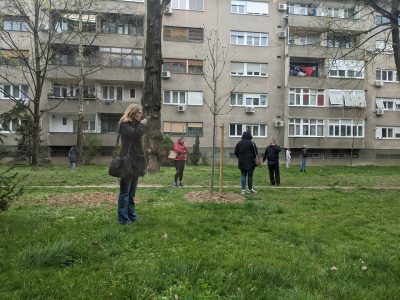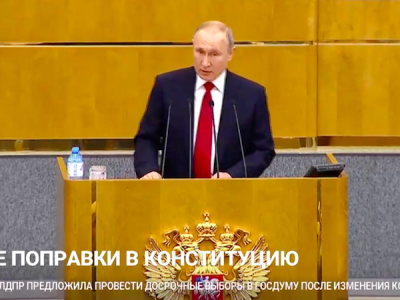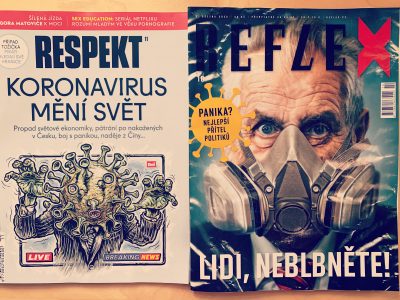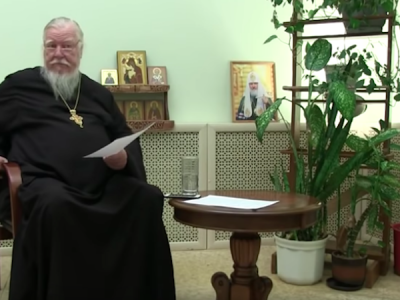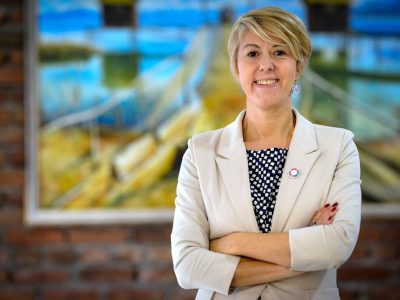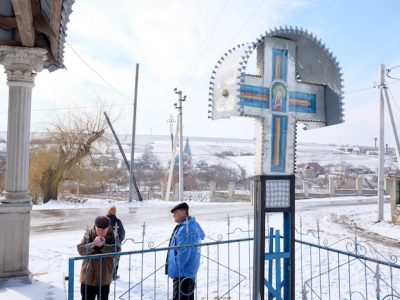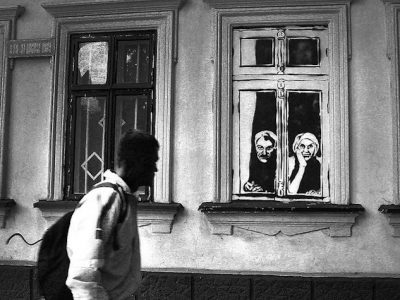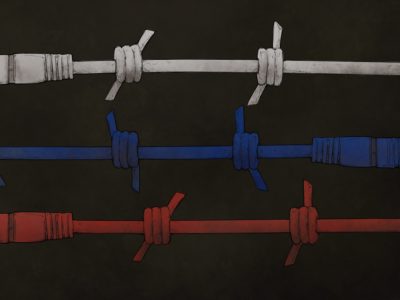Stories about Eastern & Central Europe from March, 2020
Belarusian women turn to self-defence in battle against domestic violence
With domestic violence rates in Belarus among the highest in Europe and few legal protections, some women are turning to self-defence classes.
Moldova's meme heroes promote solidarity with Eurosong spoof amid COVID-19 crisis
Titled "Mom, stay home," the spoof encourages citizens to follow the prevention recommendations by the World Health Organization (WHO) while also sending positive energy to the elderly.
COVID-19 pandemic adversely affects digital rights in the Balkans
Digital rights NGOs warn about increase of cases of violation of privacy of people under quarantine, spread of disinformation and internet scams in Serbia, Montenegro, Croatia, and Bosnia and Herzegovina.
Hundreds of Croatians left homeless by earthquake amid COVID-19 crisis
The quake hit shortly after the city had implemented restriction measures to slow the spread of COVID-19, bringing additional stress to Croatians.
Kosovo government first to fall in worldwide coronavirus crisis
Recent emergency measures against COVID-19 exposed tensions in the fragile ruling coalition, culminating in its demise.
No coronavirus cases in Donetsk and Luhansk, say separatist authorities
As usual, much is unclear in eastern Ukraine. Can separatist officials' claims that there are no confirmed cases be believed? Have they really acquired coronavirus testing kits, and from whom?
Croatia's earthquake risk disrupting partial lockdown amid COVID-19 outbreak
The quake left 27 people injured and caused extensive material damage to Zagreb.
St Petersburg firm creates online bar for self-isolating Russians
As coronavirus cases in Russia rise, a startup in St Petersburg has launched a "virtual bar" where self-isolating Russians can build new friendships and feel a little less alone.
Czech Republic enters quarantine amid conflicting government directives
The Czech Republic has entered nationwide quarantine on March 16. But people are allowed to travel to work and shop for food outside.
Putin supports proposals paving the way for his continued rule
After months of speculation about Putin's successor, there is clarity: if passed, new constitutional amendments proposed this week will allow him to stay in office as president until 2036.
Czech Republic introduces drastic measures to deter spread of COVID-19
All schools will be shut down for at least the next two weeks.
Churches in Greece and North Macedonia refuse to modify rituals conducive to the spread of COVID-19
The ritual known as the Holy Communion or Eucharist has Orthodox Christian worshippers drinking wine by a shared spoon, while Catholics eat thin slices of bread directly from the hand of the priest.
Priest wins online anti-prize for Russia's ‘sexist of the year’
A Russian Orthodox priest who stated that women have "weaker minds" has been crowned Sexist of the Year for 2019 — an annual online anti-prize organised by feminist activists.
International Women's Day: How far have we come?
"Although Macedonian women gained the vote in 1946, the progress of the women’s movement here reminds me of the national folk dance – three steps forward, two steps back."
Kosovo politicians falsely claim Jamaica recognition. Why didn't media verify?
On February 19, Kosovar officials' tweets about Jamaica recognizing their country as a sovereign state received wide media coverage. And then Jamaica denied everything.
Hungarian Ministry of Foreign Affairs obliged by court to publish finances of US-based foundation
Documents revealed the involvement of acting U.S. Director of National Intelligence Richard Grenell in a Hungarian foundation, a fact that had not been lawfully disclosed to the Justice Department.
Making sense of Moldova's ‘depopulation crisis’
An interview with sociologist Petru Negură on the causes and consequences of demographic decline in Moldova, home to one of the world's fastest-shrinking populations.
Moldova's youth hope for change from afar
Young Moldovans seek better lives elsewhere — but they're not apathetic to politics back home. Meanwhile, politicians in Chișinău are learning the growing importance of the diaspora vote.
Could Russia's ‘Sovereign Internet’ go international?
"Russia is not seeking to isolate itself from the world, rather to create a precedent which other states aspiring to sovereignty over their segments of the internet can follow," says researcher Alena Epifanova.






